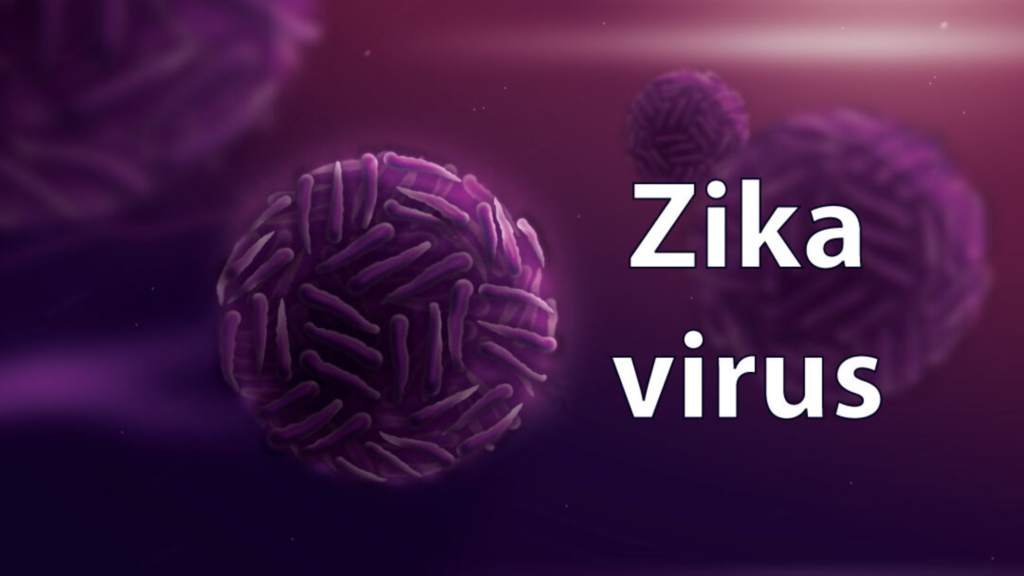What is Zika Virus? 🦟🦠
Zika virus is a mosquito-borne virus primarily transmitted by Aedes mosquitoes, especially Aedes aegypti. It was first identified in Uganda in 1947 and has since spread to many countries worldwide.
How is Zika Virus Transmitted?
- Mainly through the bite of infected Aedes mosquitoes 🦟
- Also transmitted through sexual contact 💑
- From mother to fetus during pregnancy (can cause birth defects) 🤰
- Rarely through blood transfusions
Symptoms of Zika Virus Infection 🤒
Most people infected with Zika virus have mild or no symptoms. When symptoms occur, they usually include:
- Fever 🌡️
- Rash (usually itchy) 🌺
- Joint pain (especially in hands and feet) 🤲🦶
- Red eyes (conjunctivitis) 👁️
- Muscle pain and headache 💪🤕
Symptoms generally last for 2-7 days.
Complications ⚠️
- Pregnant women: Risk of severe birth defects such as microcephaly (small head and brain) and other developmental issues in the baby
- Guillain-Barré syndrome: A rare neurological disorder causing muscle weakness and paralysis
Diagnosis
- Blood or urine tests to detect Zika virus RNA or antibodies
- Based on symptoms and travel history to affected areas
Treatment
- No specific antiviral treatment
- Supportive care: rest, fluids, and pain relievers (avoid aspirin and NSAIDs until dengue is ruled out to prevent bleeding risks)
Prevention 🛡️
- Avoid mosquito bites by using insect repellent and wearing long sleeves and pants
- Use mosquito nets and screens
- Practice safe sex or abstain, especially if a partner is infected or pregnant
- Pregnant women should avoid traveling to areas with active Zika virus transmission
